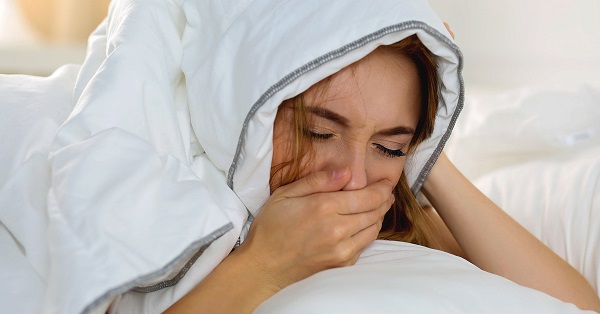
The medical community has recently hailed the Food and Drugs Administration over its decision to approve treatments for adult patients with neurological disorders who experience excessive drooling, a report read.
“This approval represents a significant milestone in addressing the unmet needs for more than 600,000 adults who suffer from chronic sialorrhea, and underscores our commitment to improving the lives of those living with movement disorders,” said Kevin O’Brien, vice president and US Head of Neurosciences for Merz North America in a report.
For the longest time, health professionals have been pushing for the treatment of excessive drooling for adults with neurological disorders such as cerebral palsy, describing it as a “distressing symptom.”
A report said that certain medical conditions can put one at risk for drooling. FDA has reportedly approved the supplemental Biologics License Application (sBLA) for incobotulinumtoxinA (Xeomin, Merz North America) for excessive drooling.
IncobotulinumtoxinA is also reportedly the first and only neurotoxin approved for this indication in the United States, the report added. It is administered by injection into the muscles or glands.
“If a disease that decreases control of facial muscles affects you, you are more likely to drool. Neurologic disorders such as cerebral palsy, Parkinson’s disease, amyotrophic lateral sclerosis, or stroke may cause muscle weakness that affects the ability to close the mouth and swallow saliva,” a Health Line report read.
Another report revealed that execessive drooling is also a common non-motor symptom for patients who are afflicted with Parkinson’s Disease.
Excessive drooling among children with neurological disorders have also been reported in the past, adding that, “children with saliva management issues can present with over secretion of saliva, poor oral motor abilities, inappropriate posture, weak swallow reflects or limited sensitivity awareness of what is wet and what is dry.”
“If patients have drooling, they might subsequently spill saliva from their oral cavity, or might aspirate the saliva causing aspiration pneumonia,” a study revealed.
For the longest time, behavioral therapy and speech therapy have been used to address excessive drooling.
Disclaimer: The views, suggestions, and opinions expressed here are the sole responsibility of the experts. No A News Week journalist was involved in the writing and production of this article.
